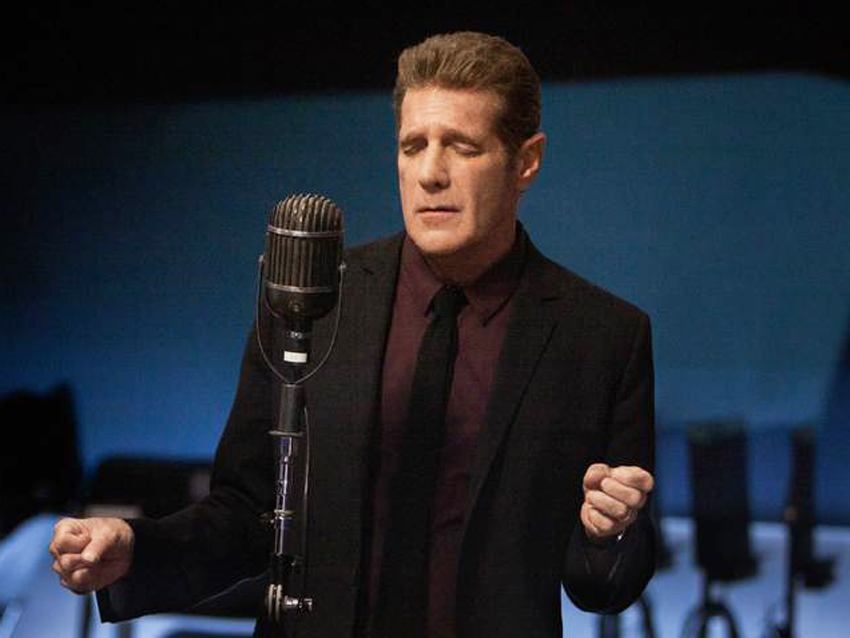
Interview: The Eagles' Glenn Frey on his album After Hours track-by-track
“This record isn't about me, it's about the songs," says Glenn Frey of his luminous new album, After Hours, a collection of 14 classic love songs on which the Eagles singer and guitarist pays homage to artists such as Brian Wilson, Randy Newman, Tony Bennett, Nat King Cole, Dinah Washington, among others. "I’m really just the messenger for the material. When you think about all the millions of Eagles fans out there, if I can just get them to be a little curious about this record, maybe they’ll check it out and have a nice surprise."
Many of the songs on After Hours were played in Frey's house when he was growing up. The record is dedicated to his parents, both of whom are still alive, he happily reports ("God bless 'em"), and are fans of the new disc. “I’ve always loved this music and wanted to do something like this," Frey says, "probably since Linda Ronstadt did those records with Nelson Riddle in the ‘80s. Those albums are incredible – the arrangements are perfect, and Linda’s voice is exquisite. It’s taken me some years to get around to it, but I finally got busy and here we are."
The real impetus to put together After Hours started to take shape when Frey participated in a celebrity golf tournament hosted by Clint Eastwood. The actor asked Frey to perform two songs at a party. "He wanted one of my hits and something from the ‘40s," says Frey. "So I sang a Tony Bennett song, and it sounded great. I got encouragement from other singers and decided to cut some demos with [co-producers] Michael Thompson and Richard Davis. I really liked what I heard, so we decided to do it for real."
Frey says that the song selection for the album was, in the words of another well-known tune, a peaceful, easy one. “We sat around the piano with a great bunch of songs," he says. "Once I found the right key, we’d decide if it would fit with the fabric of the record."
Asked to describe how he felt wrapping his husky tenor around a good portion of material that predates rock, Frey says, “I didn’t feel like a fish out of water; rather, I was a fish in another part of the ocean. With the Eagles, I do what I call ‘guitar singing.’ This is kind of like ‘piano singing.’ My singing is more nuanced. It was a tricky thing for me to be the interpreter instead of the author, but I really enjoyed the process. And I’m thrilled that people are appreciating it.”
On the following pages, Frey walks us through After Hours track-by-track. In addition, he discusses the version of each song he fell in love with and pays his respects to that tune's singer.
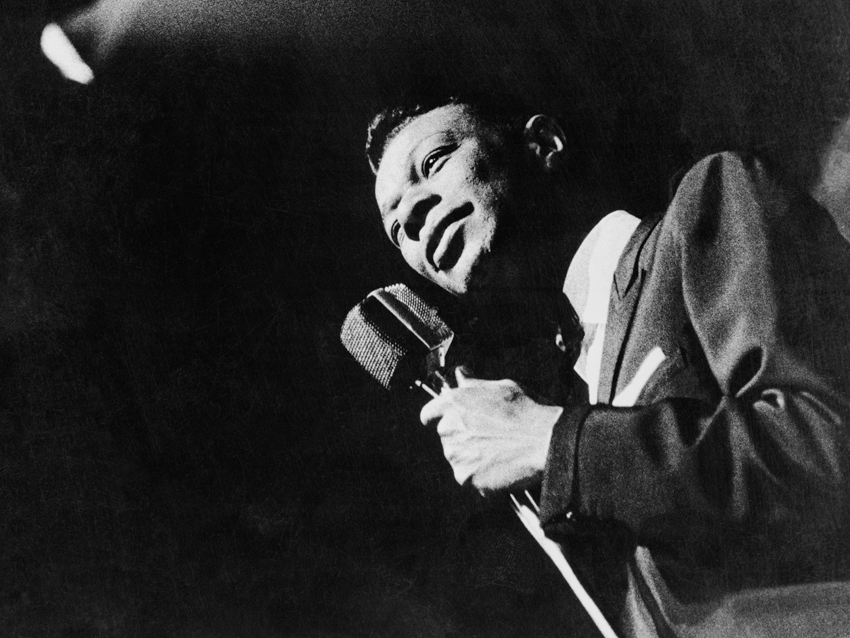
For Sentimental Reasons (Nat King Cole)
“It’s a beautiful song, and I really wanted to stay close to Nat King Cole’s original version, which was perfect. He was such a great piano player and an effortless singer. It was an honor to be able to do this song.
“Actually, this is an interesting track in that Michael Thompson, who plays piano on the whole album, did the guitar solo. We cut the basic track, and then I had something to do, so left and came back the next day to discover that there was a guitar solo on the song. ‘Who did that?’ I asked. And Michael told me he did it. ‘You play guitar, too?’ I said. I didn’t know!” [laughs]
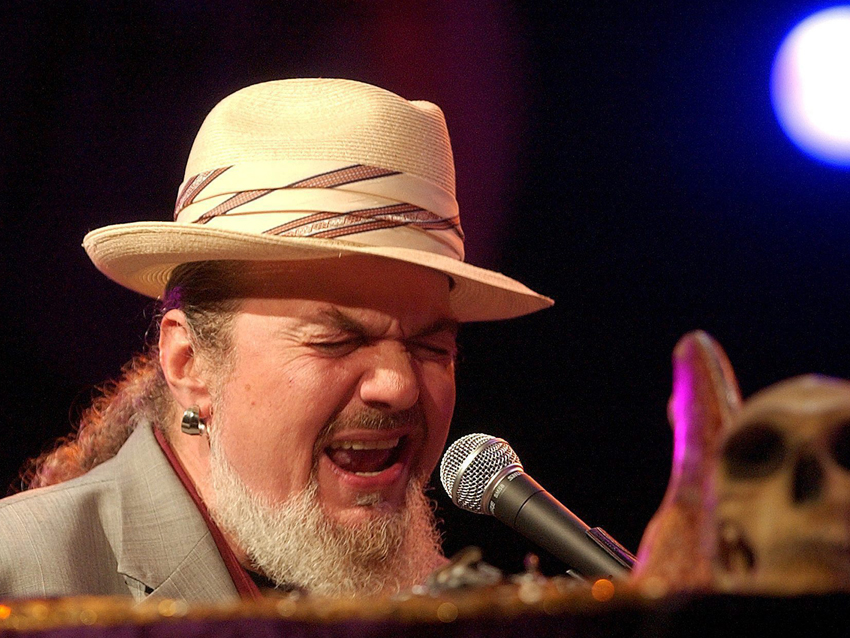
My Buddy (Dr John)
“I first heard this one on a Dr John album called In A Sentimental Mood. I always loved it. It was bluesy, it was melancholy and it was a waltz. Originally, the song was written around the time of World War I, and so it was obviously about people going off to fight in the war.
“You can’t try to be Dr John or Ray Charles or Nat King Cole, so you have to just try to be yourself when doing a song like this. It’s my interpretation, and like with all the other songs on this album, it comes down to my respect for the original version.
“As a songwriter, if somebody were to cover one of my songs and take liberties with the melody, I would wonder why. This song is interesting in that it has what I call the ‘pre-verse,’ where they introduce the song but the real body of the song doesn’t start till later. I wanted to honor what the songwriter had written in that way.”
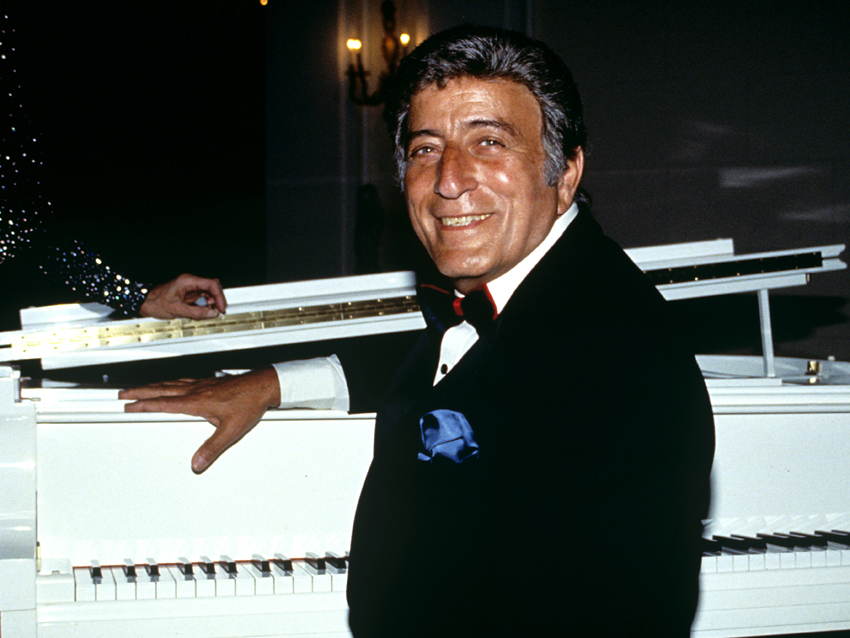
The Good Life (Tony Bennett)
“Tony Bennett – probably my favorite singer in this style. Just a fantastic musician, with incredible phrasing. Everything he does sounds effortless.
“I first heard his version of The Good Life when I was driving up in Cambria, north of Santa Barbara. I was with my wife, and we were listening to this radio station that played this sort of music. The Good Life came on and it jumped out at me.
“I had sung it up in Pebble Beach, so I thought I had a pretty good feel for it. I knew I wanted to do some of Tony’s songs on the album, and this was definitely one of them.”
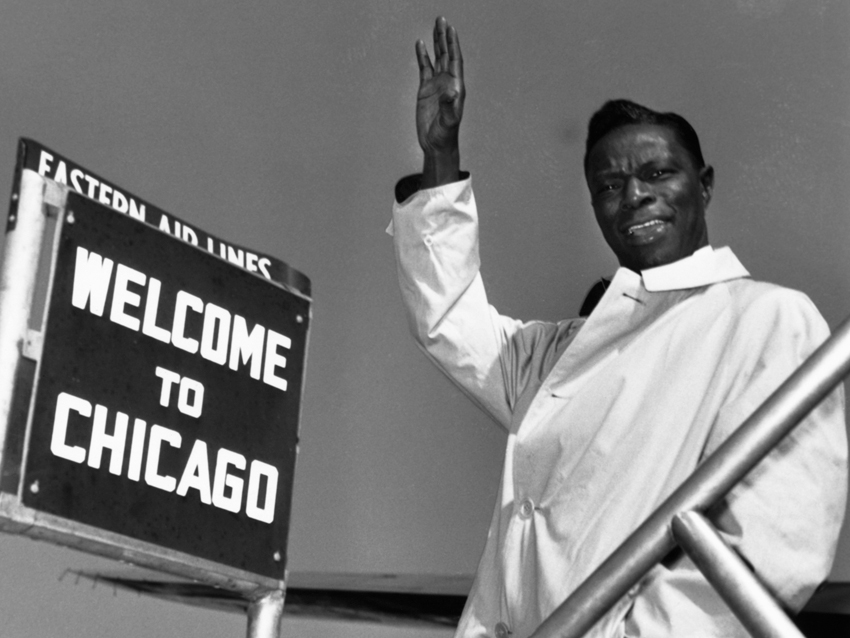
Route 66 (Nat King Cole)
“I first learned Route 66 from The Rolling Stones. So many people have recorded the song, but theirs was the first version I had heard. It was written by Bobby Troup, who was married to the gorgeous and lovely singer Julie London.
“I wanted to do at least one uptempo song on the album, but it couldn’t be out-of-control uptempo; it couldn’t be over the top. So I said, ‘What about Route 66?’ We went on the internet and checked out all the people who had covered the song, and there was Nat King Cole. We watched this black-and-white version of him doing it, and it was piano, bass, guitar and a single conga. When we heard it, we said, ‘What a great idea! We’ve got to put a conga on this.’
“We put regular drums on, too, and we ultimately put old-style lap slide guitar on it, kind of from Texas swing jazzbo days. I’m very happy with what we did. It’s got its own character.”
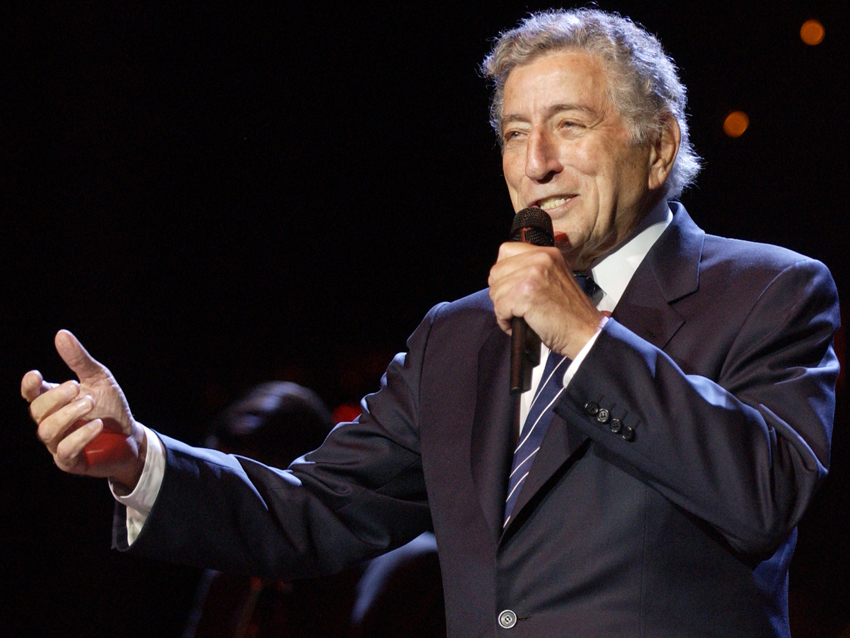
The Shadow Of Your Smile (Tony Bennett)
“Again, for me, I went with Tony Bennett, and I think his version was the original. It won the Oscar for Best Song in a movie. It was in The Sandpiper with Richard Burton and Elizabeth Taylor, and it also won the Grammy for Best Song.
“With some of these songs, there have been a lot of bad versions, many bad readings. The challenge was to find the right one, and I thought Tony Bennett's was the best. It just blew me away. It was so laid-back. The only song more laid-back than this is the one that comes after it, Here’s To Life.
“I love the saxophone solo. The string arrangement was done by Alan Broadbent, a great jazz pianist, a composer and arranger. He really did a fantastic job.”
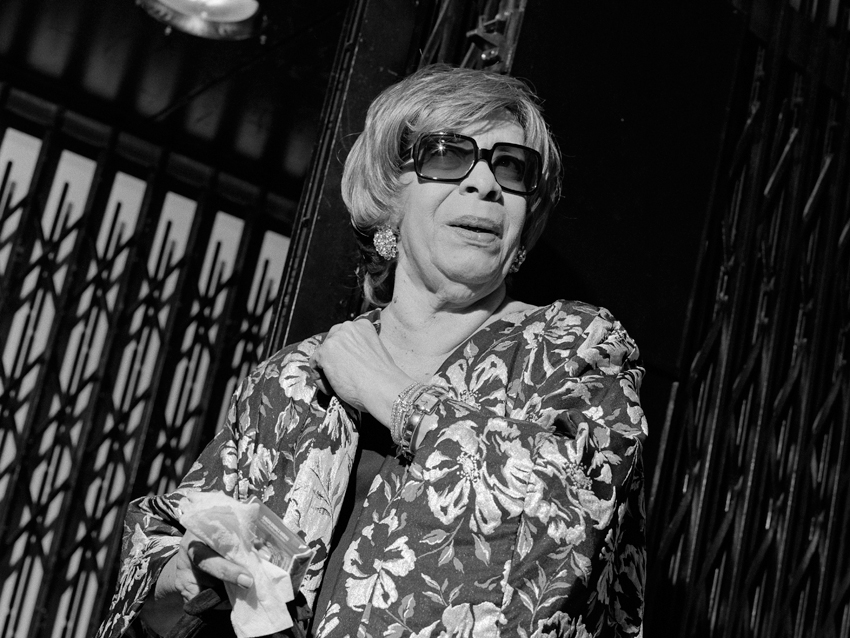
Here's To Life (Shirley Horn)
“We were having a conversation in the studio one day, Michael Thompson, Richard Davis and I, and somebody asked, ‘What’s the most laid-back record you’ve ever heard?’ And I’m thinking and thinking, and then I go, ‘Ray Charles, Drown In My Own Tears, Atlanta Jazz Festival.’ This song was so back, man – you could have lunch and a cigarette during some of the chord changes.
“But Richard Davis asks me, ‘Have you ever heard Here’s To Life by Shirley Horn?’ And like a knucklehead, I went, ‘Who’s Shirley Horn?’ And then he told me that she was a famous jazz vocalist/pianist, a contemporary of Miles Davis – one of the great ladies of jazz.
“I listened to Here’s To Life and went, ‘Wow, what a journey this is!’ Ups and downs, quiets and bigs – it was awesome. So we were making the record, we got a few things down, and I was getting a bit braver. I asked the guys, ‘Can we try Here’s To Life?’ So we tried it and were very surprised and happy with how it went.
Check this out: We brought in Alan Broadbent to do the orchestration, and I told him, ‘Alan, the song’s got no time, there’s no drummer. I’m sure when Shirley Horn did it, she probably just played with her bassist – you know, she played piano and sang, and they did the orchestration after that.’ And Alan said, ‘Glenn, you’ve got that half-right. She only sang – I played the piano.’
“So here I’ve got the guy who played piano on the original! There was something celestial about that.”
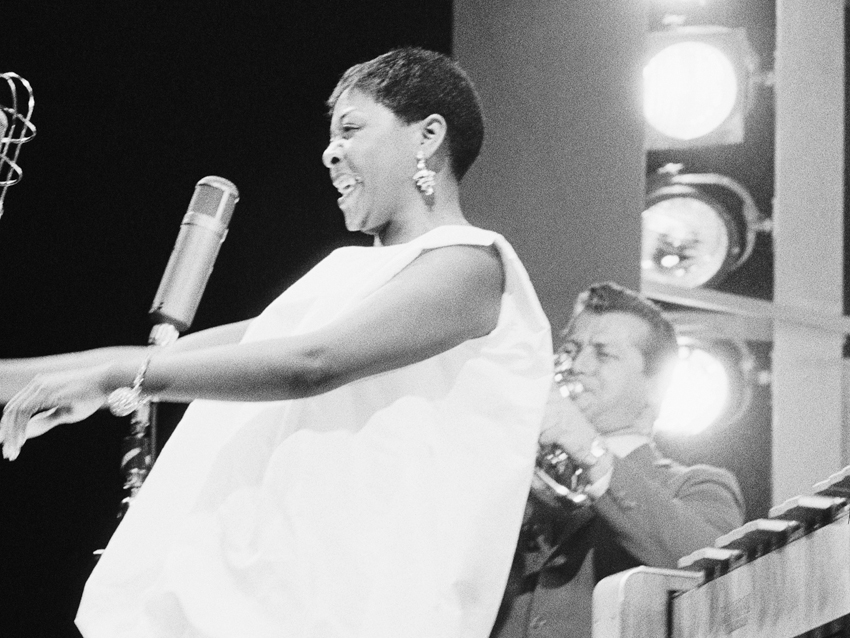
It's Too Soon To Know (Dinah Washington)
“I love Dinah Washington. She’s from my hometown of Detroit, but that doesn’t have anything to do with why I love her so much. She’s just amazing. I’ve always thought she’s been a bit underrated as a vocalist.
“Her version of It’s Too Soon To Know is incredible. I guess it was kind of a doo-wop song, and people like Pat Boone were doing it. But Dinah’s version is beautiful, and that’s the one we chose to model.
“It gave me the chance to do background vocals, one of only a couple of songs on the album where I do so.”
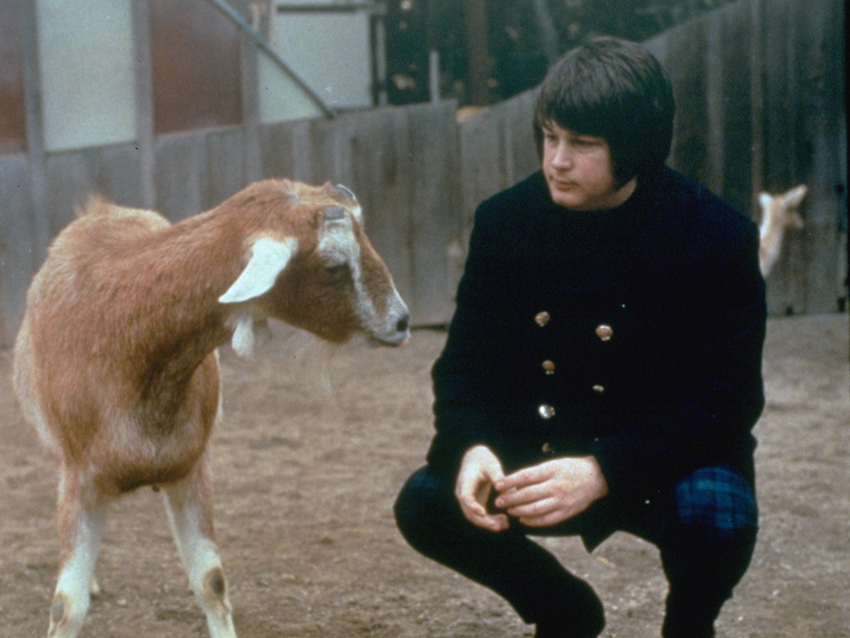
Caroline, No (Brian Wilson)
“Brian Wilson. I’m a big Beach Boys fan. All the guys in the band are big Beach Boys fans. This song is just so well written – it’s near perfect. It’d be nice if Brian heard the song and told somebody to drop me a line to tell me I did good.
“What a great piece of music. We did a few things different. You know, on this record, we’re covering songs that were done so long ago on the equipment of the day, and it’s kind of nice to bring out the fidelity. You can really hear all the instruments. I mean, there’s a charm to the records that were done back then, but it’s good to be able to use all the great mics we have now and get some real sounds going.”
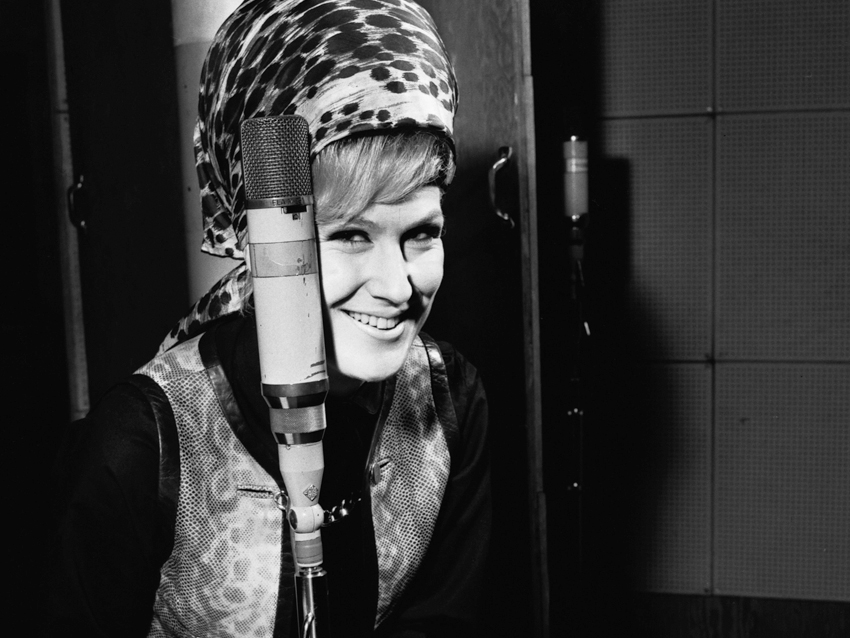
The Look Of Love (Dusty Springfield)
“I could do a whole record of Bacharach/David songs. That catalogue is so deep. I was talking to Jimmy Webb once and their name came up, and he said, ‘My work seems to shrink as I start talking about what they produced.’
“I've always loved the Dusty Springfield version of The Look Of Love. I think Stan Getz did the great sax solo. It’s been interesting – and we did this on The Look Of Love and the Dinah Washington songs – in that whenever we do a number that women have sung, we always have to change the key. When you do that, it changes the colors and the textures of the chords. So we had to change the key to where it got me as a male singer to the same place that Dusty was in as a female singer.
“This is an homage to Dusty, to that beautiful voice that we all miss.”
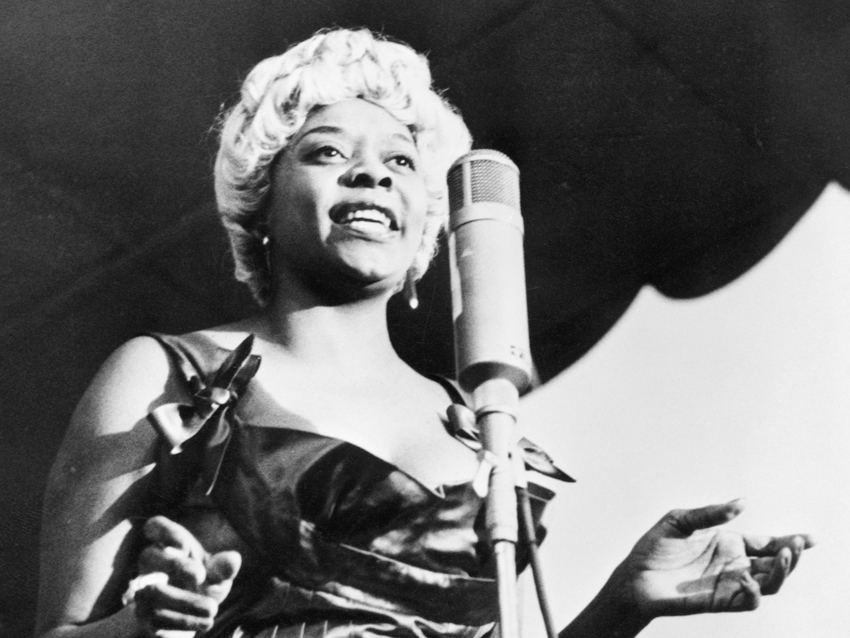
I'm Getting Old Before My Time (Dinah Washington)
“I'm Getting Old Before My Time - yes, indeed. There's a great collection of songs in this Dinah Washington box set, and of course, this track is on there. I always loved it because it was kind of down, New Orleans, smoky… It’s more of a horn song, and I wanted to do something that didn’t have strings on it.
“This was a nice change of pace. Great saxophone solo by Tom Evans.”
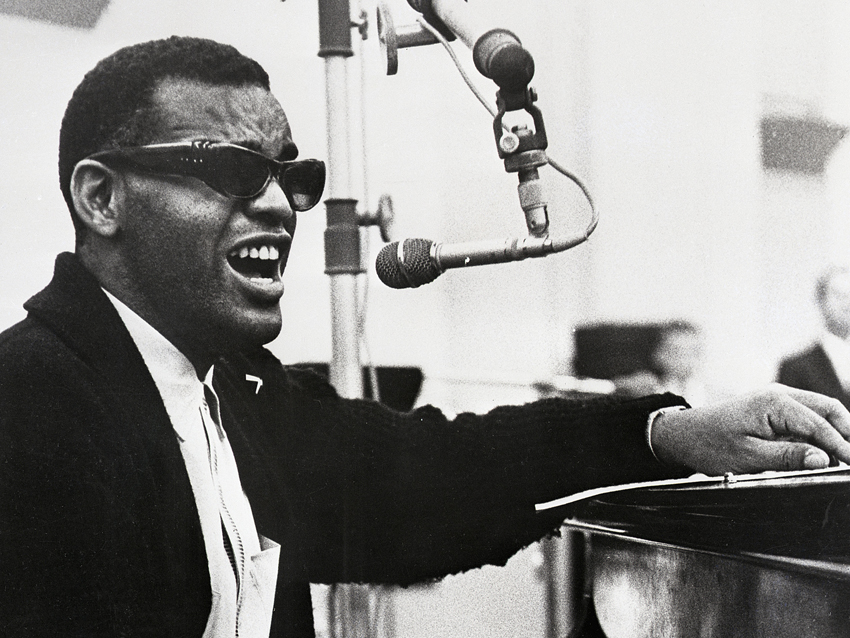
Worried Mind (Ray Charles)
“This is probably one of the only Ray Charles songs I would ever attempt to sing myself. There’s no beating Ray. It was on a country album that he did, and I always loved it. I thought, It’d be nice on an album full of very sophisticated chord changes to do something a little simpler.
“It’s got the country tinge, but it’s still a piano/vocal song, with beautiful steel guitar work and a great piano solo by Michael Thompson.”
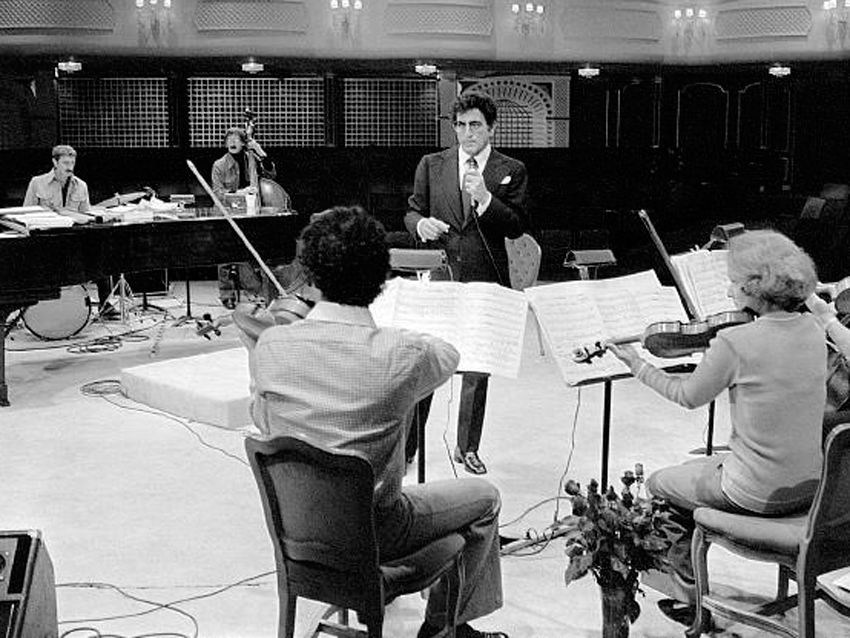
I Wanna Be Around (Tony Bennett)
“This is Tony Bennett, and it was a big hit for him in the late ‘50s or early ‘60s. This is one of the songs that we did where we didn’t put strings or horns on it. It’s kind of a bare bones record in that it’s organ, bass, drums, piano, B3 and vocal.
“This song holds a special meaning for me because it’s one of the first songs of this ilk that I started to sing. I certainly don’t want to be solicitous and say, ‘Tony Bennett, listen to my record!’ But it’d be nice if somebody would turn him onto it and he’d give it a listen. Maybe he’ll give me a nod of approval – that would mean a lot.”
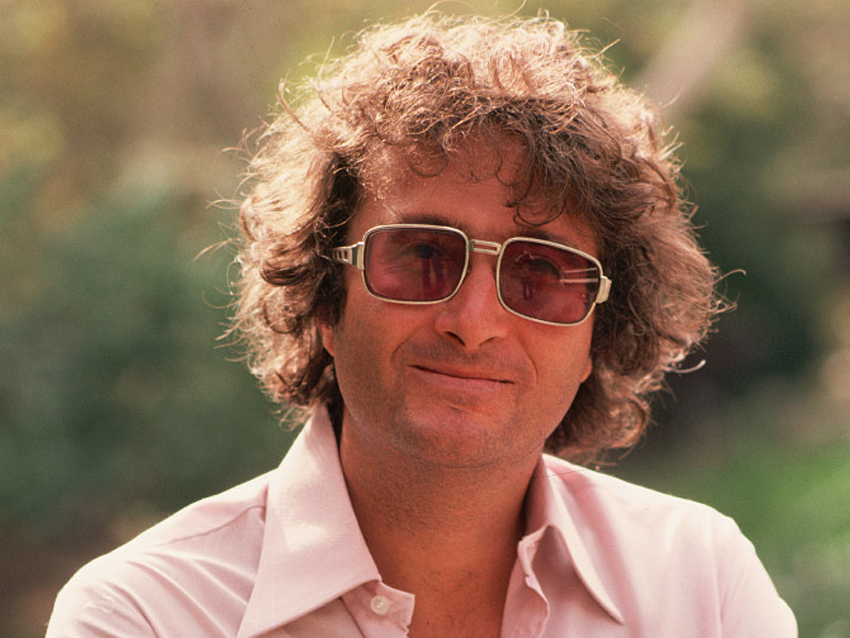
Same Girl (Randy Newman)
“I know Randy, but I haven’t heard from him. I hope he doesn’t hate my version of Same Girl. I always wanted to do one of his songs. A lot of people have done I Think It’s Going To Rain Today or Marie, but this song is one I’ve always loved. The chords and the melody are so haunting.
“It was only later that I figured out that the song is about an adolescent junkie hooker and her pimp. [laughs] I didn’t fully understand that, but it’s in the second verse: ‘A few more nights on the streets, that’s all/ a few more holes in your arm.’ But with Randy, you can’t always understand all the words. I thought he was singing ‘a few more holes in your heart.’
“Leave it to Randy to write such a plaintive love song about such a topic. But again, beautiful, haunting chords, and a wonderful string arrangement by Alan Broadbent.”
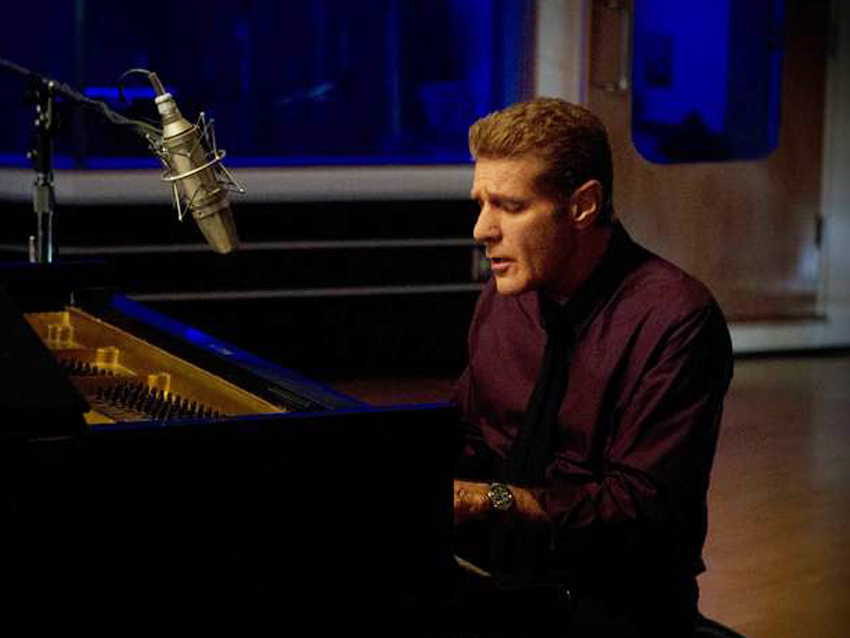
After Hours
“I wrote this song with Jack Tempchin in the middle ‘80s. I had done a record called The Allnighter, which was supposed to start when the sun went down and finish when the sun came up. We wrote After Hours to be the last song on that album. But something happened: once we got into Smuggler’s Blues and Sexy Girl and some other stuff, we abandoned this one.
“During the making of the album, I called Jack up and asked him if he wanted to come to LA and work on some songs and try to write a standard. He said, ‘Well, Glenn, I think we already did.’ I said, ‘What do you mean?’ and he said, ‘After Hours.’ I went, ‘Oh, God, you’re right!’
“I found one of our old demos for it, played it for Richard and Michael, and we all thought it fit. Then we thought it was a good title for the record, as well, so that’s how it wound up on there.”
Joe is a freelance journalist who has, over the past few decades, interviewed hundreds of guitarists for Guitar World, Guitar Player, MusicRadar and Classic Rock. He is also a former editor of Guitar World, contributing writer for Guitar Aficionado and VP of A&R for Island Records. He’s an enthusiastic guitarist, but he’s nowhere near the likes of the people he interviews. Surprisingly, his skills are more suited to the drums. If you need a drummer for your Beatles tribute band, look him up.
